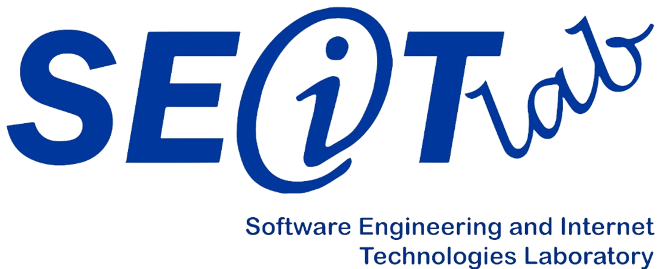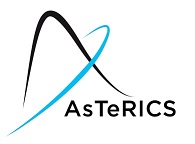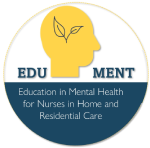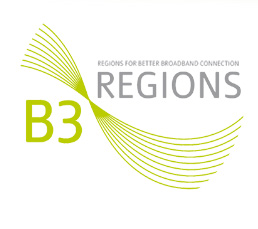The following are European projects the SEIT Lab is currently involved with or was involved with in the past:

HORIZON EUROPE

Funding: 110k EURO
INAIR HORIZON EUROPE: The adoption rate of key digital technologies, such as Artificial Intelligence, by businesses remains significantly low in the European Union, while the global market of AI in retail is growing at a compound annual growth rate of 350ver the next 5 years. The INAIR project stands as a crucial step towards equipping the European retail sector with the necessary AI skills, fostering sustainable business practices, and enhancing overall competitiveness in the digital age. This aligns with the European Digital Decade’s target of having over 75% of European companies adopt AI technologies by 2030. The INAIR ecosystem includes owners and employees of Micro, Small and Medium-sized Enterprises in Retail in Cyprus, Germany, Italy, Poland and Romania, relevant industry experts, relevant education and training providers representatives of other relevant national and EU-funded projects and initiatives, and policymakers at the EU level. Among the deliverables of INAIR are: research report on AI skills needs and gaps for MSMEs in Retail, AI Core Curriculum, AI Skills Assessment Tool, Collection of integrable OERs, E-Learning Environment and Practical Guide for Facilitators.
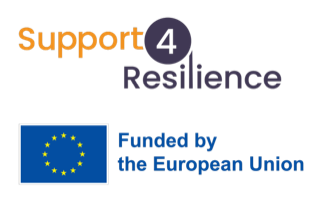
Funding: 750k EURO
Support4Resilience HORIZON EUROPE: (Duration: 3/2024-2/2028) Support4Resilience (S4R) will develop, implement, and evaluate a research-based Toolbox to support healthcare leaders in improving healthcare workers’ and informal caregivers’ resilience and mental wellbeing in elderly care. S4R will identify resilience and mental wellbeing factors among healthcare workers and informal caregivers; explore their perspectives and needs; develop new theory on the relationship between individual and organizational resilience, and mental wellbeing; and develop recommendations and cost-effective interventions. The Toolbox with tailormade resources for policy and practical use will be available through an open access S4R Resource Bank.
H2020

Funding: 192k EURO
SCICHALLENGE HORIZON 2020: The SCICHALLENGE project focused on developing novel concepts to actively integrate young people in science education using a contest-based approach to self-produced digital education materials from young people for young people. Driven by inspirational topic sheets, guides and toolkits created through this project and distributed by partner schools, teachers, and other youth-oriented institutions, contestants between the ages of 10 to 20 have generated creative digital materials (videos, slides, or infographics). The initiative broadcasted and distributed content over various social media channels and aggregated on a modern SCICHALLENGE Web Platform (www.scichallenge.eu) to generate wide reaching awareness and promotion. Intelligent cross-sectoral positioning of various awareness modules on the SCICHALLENGE Open Information Hub increased awareness on science careers and opened opportunities for youngsters on internships or taster days in STEM through the strong involvement of related organisations and industries. Additionally aggregated information on science events (slams, nights, festivals etc.) was shared.
FP7

Funding: 133k EURO
Over 2 billion people worldwide have different types, degrees, or combinations of disability, literacy, digital literacy or aging related barriers that impede or prevent use of ICT. Prosperity4all EU FP7, focuses on developing the infrastructure to allow a new ecosystem to grow; one that is based on self-rewarding collaboration, that can reduce redundant development, lower costs, increase market reach and penetration internationally, and create the robust cross-platform spectrum of mainstream and assitive technology based access solutions required.
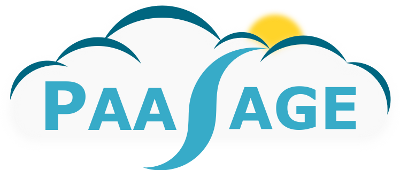
Funding: 395k EURO
PaaSage EU FP7 will deliver a development and deployment platform, with an accompanying methodology, with which developers of enterprise systems can access services of cloud platforms in a technology neutral approach that abstracts the technical details while guiding them to configure their applications for best performance.
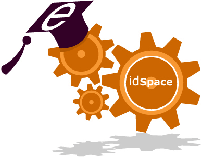
Funding: 316k EURO
EU FP7 idSpace: the ultimate goal of the idSpace project was to build, in prototypical form, the idSpace environment that should come to the aid of distributed teams of innovators who want to collaborate on product design, thereby making use of earlier results by themselves or even others.
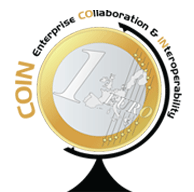
Funding: 239k EURO
COIN EU FP7 Integrated Project: the mission of the Coin IP is to study, design, develop and prototype an open, self-adaptive, generic ICT integrated solution to support the above 2020 vision, starting from notable existing research results in the field of Enterprise Interoperability and Enterprise Collaboration.
FP6

Funding: 610k EURO
MUSIC is a focused initiative that develops a comprehensive open-source software development framework that facilitates the development of self-adapting, reconfigurable software that seamlessly adapts to the highly dynamic user and execution context, and maintains a high level usefulness across context changes.

Funding: 257k EURO
EU FP6 UNITE Project is gathering 5 institutions that are commited in increasing the level of excellence of ICT research across an enlarged Europe by promoting active secondment to research teams and strengthening cooperation in community supported research on Enterprise Interoperability (EI), Enterprise Software Applications (ESA), and the novel research domains of the “Future of the Internet”. It aims to support the flow of skilled people among universities, research institutes, and business related companies between countries of the old member states (EU15) and countries of the new members states (EU12).

Funding: 300k EURO
The aim of the BETSY project was to have multimedia streams on wireless hand-held devices seamlessly adapted to fluctuating network conditions and available terminal resources while reducing the energy consumption of the stream processing.

Funding: TBA
The HealthService24 eTEN project aimed at realizing the mobile health dream. The project developed an innovative mobile healthcare system that supports patients’ and health professionals’ mobility, increases patients’ quality of life and reduces healthcare costs.

Funding: 46k EURO
EPRI Start Project aimed at stimulating, increasing, but at the same time qualifying the participation of SMEs from New Member States of the European Union in the IST Programme.
FP5
Funding: 200k EURO
QCCS – Quality Controlled Component-based Software development: before Component Based Development will be accepted widely, the quality of the components needs to be guaranteed. The QCCS developed a methodology and supporting tools that can guarantee that a component will perform as specified.
Funding: 100k EURO
Purpose of the bioGRID project is to conduct a trial for the introduction of a grid approach in the biotechnology industry.
Funding: 170k EURO
GeneStream: Massive Genetic Data will become Critical Knowledge
Duration: 2002-2003
Sponsor: EU-FP5

Funding: 10k EURO
CBSEnet Project aimed to a) create a European-wide forum for the exchange of information between researchers and developers working in the area of Component-Based Software Engineering (CBSE); b) suggest how CBSE technologies could improve software engineering processes in different domains and to propose future research requirements for development and deployment of CBSE technologies.

Funding: 160k EURO
MEDFORIST was a project of the EUMEDIS initiative of the European Union and aimed at implementing an Euro-Mediterranean network for sharing IST resources.

Funding: 180k EURO
This UNESCO-led, multi-cultural EUMEDIS pilot project brought together higher education institutions from 15 Euro-Mediterranean states to create a regional community of e-learners. Every country represented in the consortium has set up its own Knowledge Centre (AKC), to produce, adapt and share e-learning modules.
Funding: 180k EURO
Mediterranean Virtual University was an EU-project under the EUMedis programme. Tha aim was: 1. develop and deliver high quality, relevant online modules which meet the requirements of industry and individuals and 2. build a lasting international educational network where academic and technical expertise in e-learning can be exchanged between partners in Europe and the Mediterranean region.
Funding: 400k EURO
The problems associated with non-compliance to a prescribed medication regime can have serious implications for the health of the patient and incur unnecessary healthcare costs. The aim of MEDICATE was to investigate the needs of such patients, analyse current methods used to address this problem and develop an innovative care model and associated peripherals to assist with compliance to a medication regimen.
Erasmus+
Funding: 40.1k EURO
Education in Mental Health for Nurses in Home and Residential Care (EDU-MENT) improves the ability of nurses to identify and treat mental health problems at an early stage through a specialized certificate course in blended learning format (5 ECTS credits).
Project results
- Analysis of nursing needs and requirements : In-depth investigation of the needs and requirements of nursing professionals for early identification, monitoring and care of clients with mental health problems.
- Development and evaluation of screening tools : Development, testing, digitization and evaluation of screening tools to identify mental health problems.
- Development of a competency-based training : Development of a blended-learning-based training in mental health specifically for nursing staff in home and outpatient care.
- Organizational development concept : Development of a concept for the sustainable implementation of digital screening tools in nursing facilities.
Project duration
October 2023 to September 2026
Project partners

Funded by the European Union. However, the views and opinions expressed are solely those of the author(s) and do not necessarily reflect those of the European Union or the OeAD-GmbH. Neither the European Commission nor the OeAD-GmbH can be held responsible for them.

Funding: 65.1k EURO
The Brights Erasmus+ project aims to contribute to boosting and valorizing the central role of HEIs in tackling the 2030 Agenda and the Green Deal objectives. This will be done at all levels of the academic community:
- At the students’ level, the project intends to respond to the need for awareness on the SDGs and Sustainability, for skills development, necessary to ensure proper youth involvement in the transition, and as a tool of empowerment in the rising green jobs market.
- At the teaching staff level, BRIGHTS responds to the need for new methodologies to help teachers upskill and reskill their didactic modalities, and to deliver content in new stimulating ways.
- At a systemic and organisational level, BRIGHTS intends to meet the need highlighted by the Green Deal, to empower Universities in their capacity to address the green transition.
The project aims at reaching three results: 1. The creation of MOOCS and the implementation of Sustainability Leadership sessions to educate students about the 2030 Agenda. The MOOCS (formal education) and associated interactive activities (non-formal education) will facilitate behavioral changes for individual preferences, consumption habits, and lifestyles as well as develop sustainability awareness and critical thinking, promoting learners’ leading attitude towards the active engagement in environmental sustainability. 2. The creation of creative, student-centered delivery systems for lessons on sustainability. On the one hand, it will assist teachers in upgrading and reskilling their teaching modalities and in presenting material in fresh, energizing ways. On the other hand, it will encourage the development of methodologies focused on developing green skills, to meet the needs of individuals by implementing and testing creative, student-centered replicable practices. 3. The creation of a manual compiling and disseminating best practices for establishing a Sustainability Center (SC) in higher education will strengthen universities’ ability to address the green transition by assisting them in establishing and bolstering the Sustainability Centers as catalysts for green opportunities.
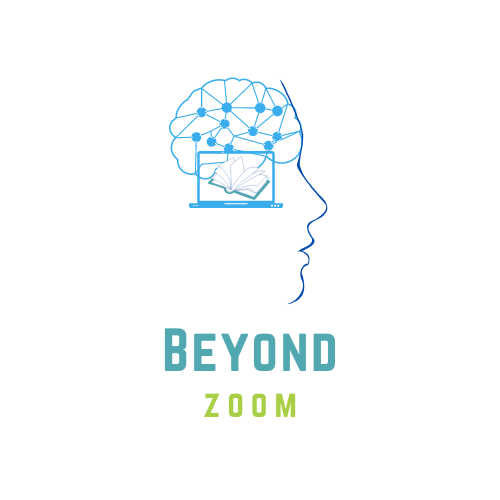
Funding: 34K EURO
The aim of BEYZO Erasmus+ project is to contribute to digital transformation through the development of digital readiness, resilience and capacity by enhancing the competencies and capacities of VET educators to deliver quality, inclusive training opportunities in online and hybrid (online, offline and combination of both) teaching and learning environments.
To reach this aim, BEYZO has the following objectives:
- increase the knowledge on existing best practices in online and hybrid VET delivery and synthesise results for wider dissemination
- support VET educators in delivering training and educational activities in online and hybrid environments
- increase the availability of educational resources supporting VET educators to adapt offline training into online and hybrid settings
- improve the skills and expertise of VET educators across a range of sectors in facilitating inclusive quality learning processes in both online and hybrid spaces
- support the policymakers in understanding the needs for national and pan-European accreditation for digital facilitation skills training and contribute to the definition of micro-credentials
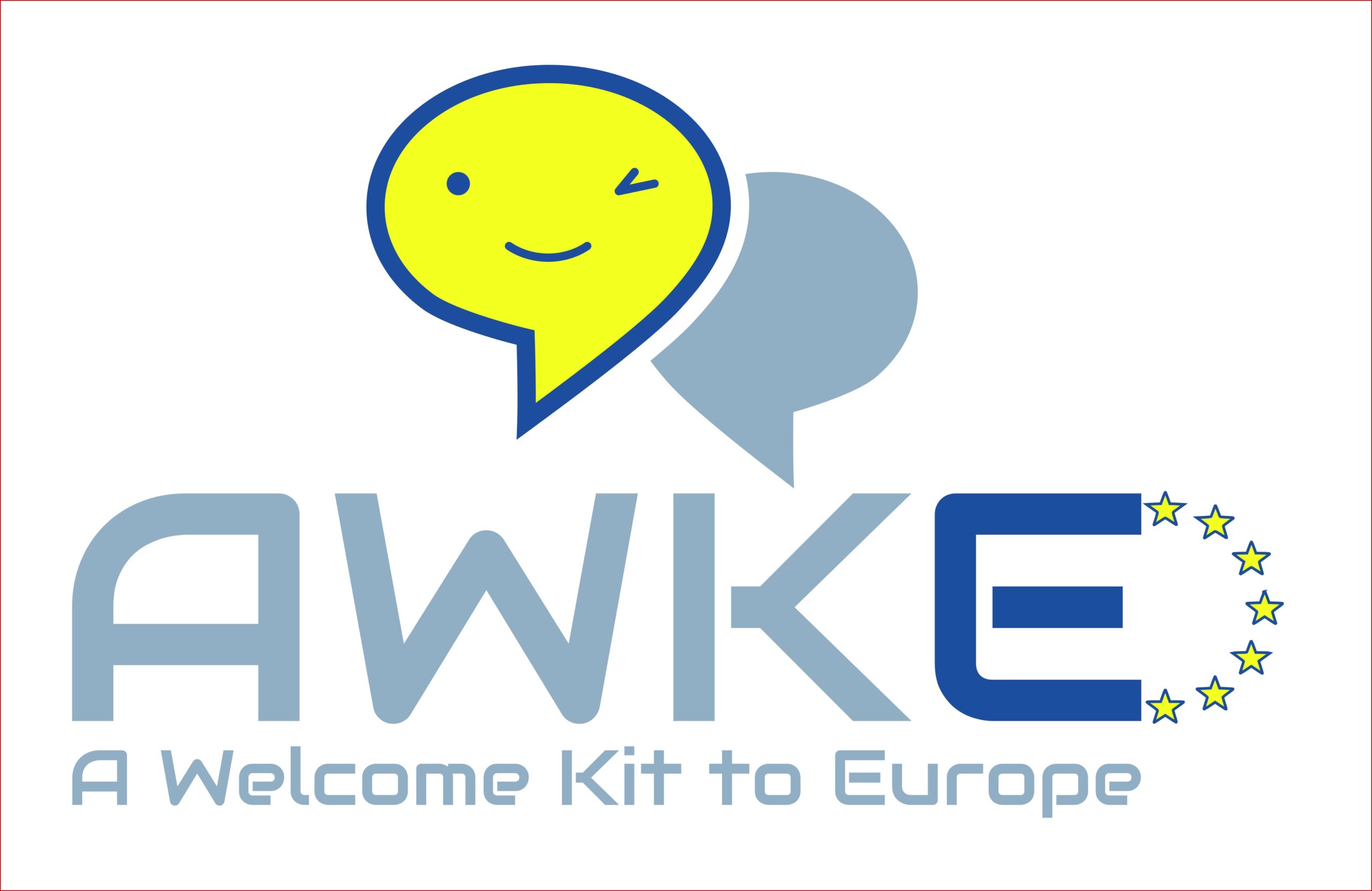
Funding: 48.1k EURO
The AWKE “A Welcome Kit to Europe” Erasmus+ project: The strategy, activities and results of this project will help to solve the problem of immigrants and students with learning difficulties. It will also help teachers who have immigrant students in their classes, and in general students interested in learning languages.
The aim of the project is to offer a “Welcome Kit” to Europe for immigrants that includes:
– Language materials in different languages in the levels A1, A2 and B1. The materials could be used by anyone interested, and specifically by students with learning difficulties.
– An e-book to work on the 3 levels (A1, A2 and B1) introducing language learning though real tasks and cultural aspects of the country.
– A compendium of resources to help teachers who have those students in their classes.
– A course for teachers’ training working on the Competence of Educators framework (DigCompEdu) and also on pedagogical strategies, the creation of materials on strengthening digital and green skills; and rising environmental awareness through immersive environments, VR, AR, XR, VF and AI as an integral part of teachers’ Continuous Professional Development.
– A manual to help families and teachers to solve possible learning issues of students in less favorable conditions in regard of digital learning.
– The project will also offer a course for teachers and students to create practical entrepreneurial experiences and business plans.
During the project, teachers will educate students on European matters in class, from local to international level. They will take part on videoconferences with other schools and European institutions, and create video podcasts focused on European Institutions, civic engagement, green skills… During the project, some public “European meetings” will be organised for the families and other stakeholders. Some of these meetings will be recorded and published on this project website for dissemination.

Funding: 48.1k EURO
The D-Collab Erasmus+ project aims to train teaching staff as well as students at all three levels of higher education and equip them with the knowledge and competencies needed for effective teaching and learning in the digital environment. The project will also develop the digital competencies of students with special needs, who are in an even more challenging situation due to the shift towards online learning.
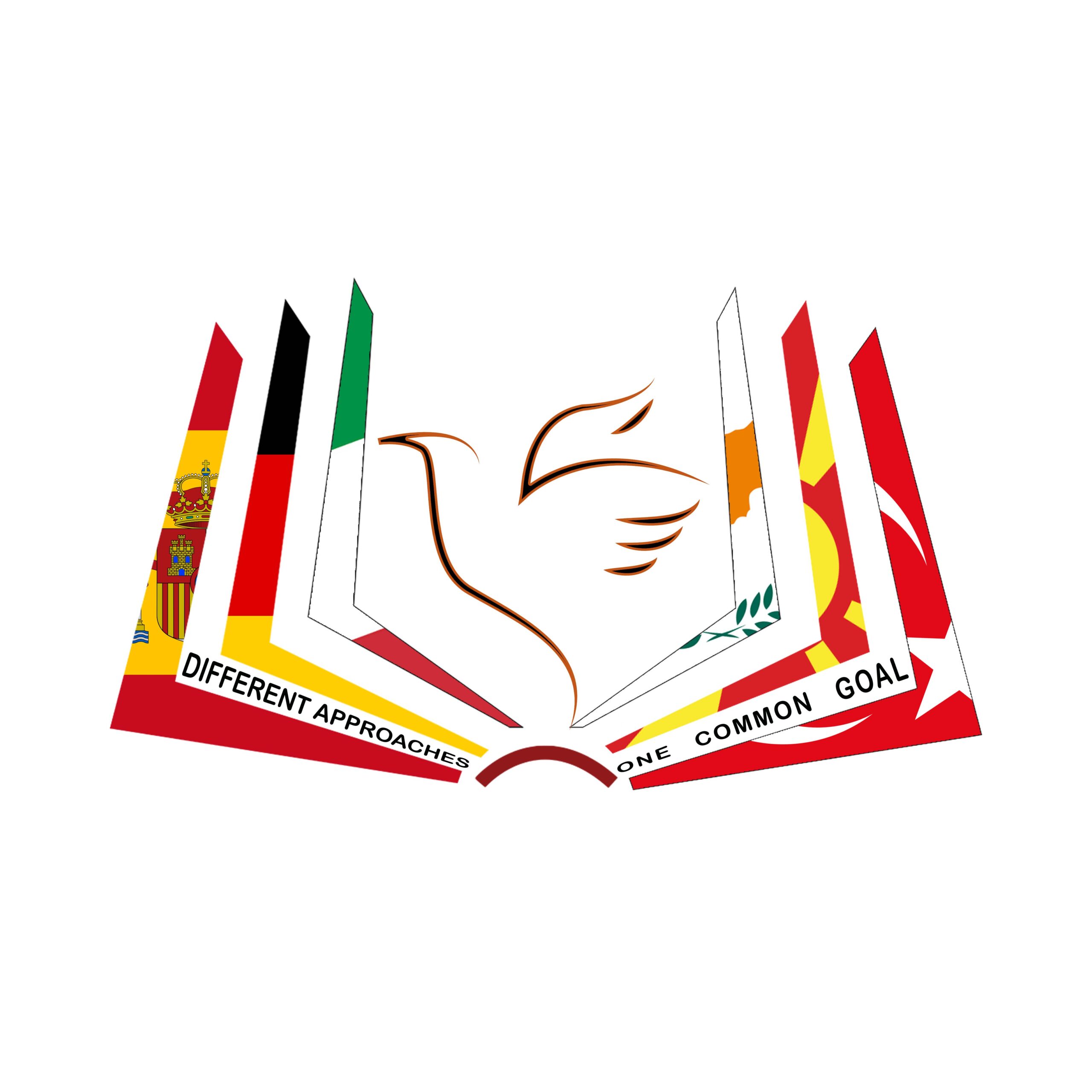
Funding: 35.2k EURO
The project “Different Approaches, one Common Goal” – DACG deals with peace preservation, conflicts prevention and international security strengthening, which are among EU’s core values, as well as a transnational issue that involves all countries of the world. Through an effective peacebuilding education, students become more effective communicators, more engaged citizens, and learn to think critically about the relationships between local and global issues. These skills are all vital to building peace in a world full of conflicts. DACG will provide educators new innovative tools and competences to develop competences and enhance students’ knowledge by using an integrated learning approach, which will encourage university students to question, reflect and increase their decision-making abilities, grounded in ethical and peacebuilding values. The SEIT Lab is responsible for the design and development of the eLearning platform and user guide for educators and students, leading PR2.
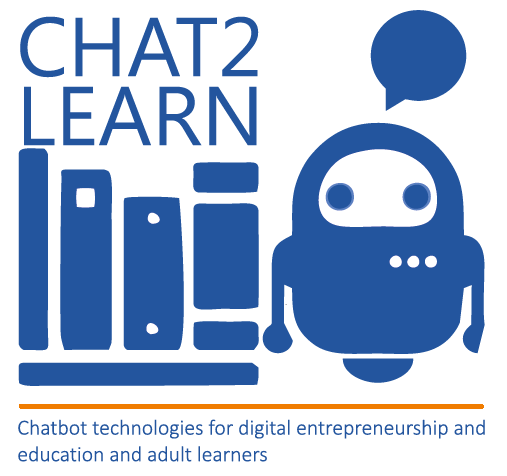
Funding: 52.8k EURO
The CHAT2LEARN Erasmus+ project (SEIT Lab Coordinator) focuses on technology-enhanced learning, incorporating chatbot technologies and AI-based tools in adults’ education. The objectives of the project are to create opportunities for adult educators, trainers, entrepreneurs, and adult learners, in general, to combine e-learning education and open pedagogy frameworks based on technology-enhanced learning, and to enrich the self-learning opportunities of adult learners in the field of digital entrepreneurship by developing an inter-disciplinary training program based on chatbot technology. The SEIT Lab was responsible for developing the new technological tool, exploiting the most modern technologies, meeting the educational field’s needs, and providing information and results, exchanging knowledge and good practices.
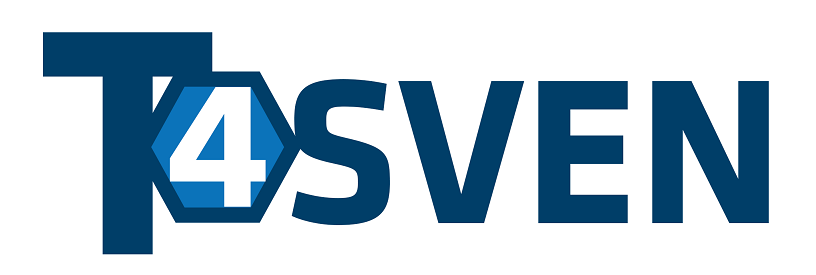
Funding: 62.3k EURO
The T4SVEN Erasmus+ project aims to develop a methodological framework and pilot an online training course to support VET teachers in applying digital technologies to sector-specific skills training in digital or blended learning environments. This project addresses the priority innovative practices in a digital era by developing and introducing guidelines and training for VET teachers for integrating digital technologies in teaching and learning meaningfully, particularly concerning the distinctive features of VET such as work-based learning (WBL) and sector-specific skills. The SEIT Lab is responsible for developing the web platform and preparing the users’ manual.

Funding: 52k EURO
KAEBUP is a Knowledge Alliance Erasmus+ project for Evidence-Based Urban Practice. Its main objective is to create an international educational and training method offering participants the opportunity to engage with professional environments, learning how research can be the basis for innovative professional practices and what businesses in the field of planning, architecture and urban design require from academia. KAEBUP will implement: innovating learning and teaching through knowledge exchange and skills development working on real-life urban projects; understanding and developing business models for evidence-based urban practices; and co-creating urban knowledge through multiple modes of exchange and involvement of students, teaching and company staff in teaching, research and practice. The SEIT Lab is responsible for the design and development of the KAEBUP platform.
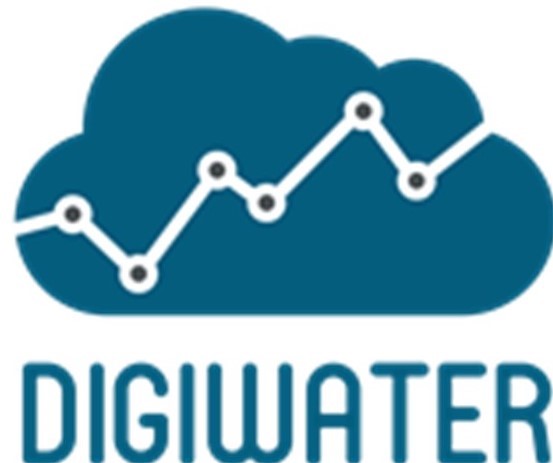
Funding: 86.3k EURO
The DigiWater Erasmus+ (Knowledge Alliance) project aims to develop new, innovative and multidisciplinary approaches to teaching and learning by using multidisciplinary curricula integrated with digital learning tools and virtual facilities with access in cloud systems and Problem Based Learning, to stimulate entrepreneurship and entrepreneurial skills of higher education teaching staff and company staff and to facilitate the exchange, flow and co-creation of knowledge by creating inter stakeholder courses. The SEIT Lab will be involved in adopting the curriculum development methodology that includes analysis of partners’ assets and best practices, design the curricula and syllabi for courses, development, evaluation and implementation of teaching and learning content.

Funding: 106k EURO
The Digi4Me Erasmus+ (Knowledge Alliance) project’s main aim is to address the gap in skills of the health sector workforce and provide an innovative training framework with a certification scheme. It will formulate a wide spectrum of courses for enhancing the skills of health professionals. Novel curricula addressing the state-of-the-art methods and contents in the health sector will be formulated. As a partner, the SEIT Lab will lead the development of the educational platform and participate in the formulation of the curriculum and the courses. Moreover, it is involved in determining the need analyses based on the EU level and will be involved in the quality assurance of the project’s implementation results and in the dissemination and exploitation procedures.
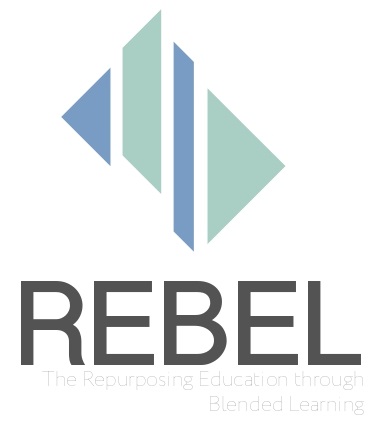
Funding: 54k EURO
The objectives of the REBEL Erasmus+ project (Repurposing Education through Blended Learning) are to develop a practitioner training programme to provide professional development courses for teachers in primary and secondary schools and tutors in Initial Teacher Education which enable them to make effective use of blended learning both as a short-medium response to Covid 19 and in the longer term as a means of questioning and extending their professional practice. Also, the project will evaluate the effectiveness of the courses during the lifetime of the project, to modify them taking account of cultural differences between partners and to produce a Massive Online Open Course (MOOC) to disseminate key findings and best practice. Part of the evaluation will focus on the ways that teacher competence frameworks currently reflect the provision of blended learning and can be adapted, where required to encompass blended learning. The SEIT Lab is responsible for the design and development of the REBEL MOOC for Schools and sectoral support agencies and other stakeholders responsible for and who operate in a Blended Teaching and Learning environment.
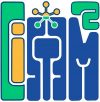
Funding: 35.8k EURO
The CiSTEM² Erasmus+ project aims to immerse student STEM teachers in interdisciplinary cooperation, problem solving, and creative inquiry and design via online and blended learning opportunities. Teacher educators and researchers from different European higher education organizations will work together in this project to develop a rich online learning environment that supports (student) teachers in their interdisciplinary, team-regulated learning (including problem solving, design, and implementation of integrated STEM learning units). The SEIT Lab will undertake the design and development of the eLearning online platform to support student teachers’ online cooperative interdisciplinary learning.
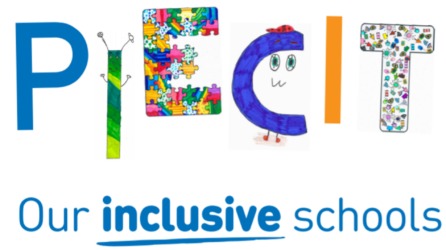
Funding: 46.9k EURO
The objective of the PIECIT Erasmus+ project is to promote social inclusion through a double priority: (1) inclusive educational practices with digital means and (2) training and capacity building of teachers from the basis of their experiences. The project will identify, analyse and valorise previous inclusive practices carried out with digital media by different European schools. These practices will be the grounds for developing tools and competences to promote the implementation of creative and innovative solutions to the challenges produced by the pandemic situation. In this way, other teachers will be able to reinforce and develop strategies to respond to the needs of their schools.
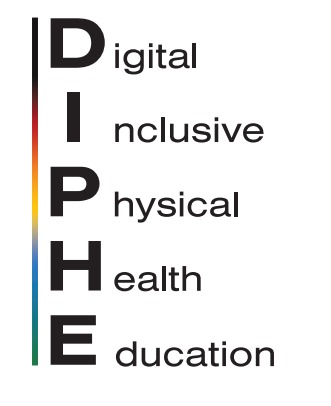
Funding: 40.4k EURO
DIPHE Erasmus+ project aims to engage children as early as possible in Inclusive Health-Enhancing Physical Activity (IHEPA), Physical Education (PE) and Health Education (HE), in the CV-19 era, by providing is a course that will educate teachers in primary and lower secondary school settings on how to digitally facilitate IPHE. The DIPHE course will be accessible on an E-learning platform. The E-learning platform will also include a forum that will allow teachers to connect and share ideas and methodologies for the facilitation and improvement of DIPHE. SEIT is responsible for the design and development of this platform.
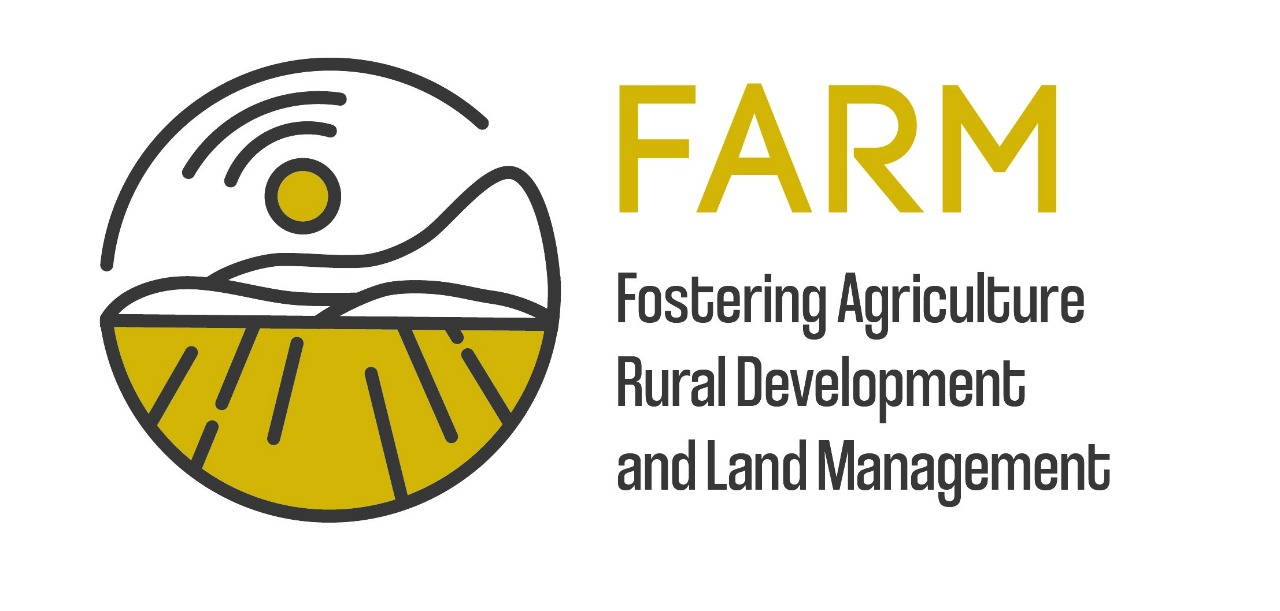
Funding: 48.3k EURO
The main objective of the FARM Erasmus+ project is to boost knowledge and technology transfer in the agricultural sector with the main focus on the environmental impact of agricultural activities. FARM project defines four intellectual outputs for introduction, popularization and application of the current ICT DSS tools in ARD, but also designing and developing the prototypes of two new tools as well as training course materials in ARD based on the DSS recognized and with a focus on green skills. SEIT is responsible for the development of the two prototypes of DSS tools.
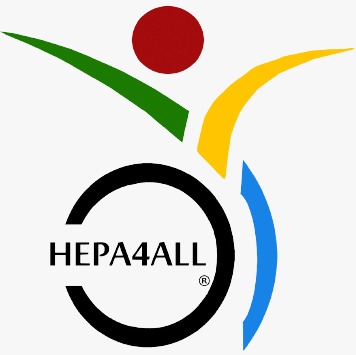
Funding: 39.2k EURO
The main aims of the HEPA4ALL Erasmus+ project are to identify the long-term measures required to encourage high-level inclusive participation in adapted health-enhancing physical activities (HEPA) from all segments of society, including disabled and disadvantaged people through the inclusive involvement of different disciplines in a system-wide cross-sectoral approach to the HEPA implementation process and create innovative inclusive and accessible educational methodologies for disabled and disadvantaged people, field workers and public and private institutions which will be suitable for implementation across the EU. SEIT will undertake the development of accessible online tools including an EU wide Stakeholders Database for fostering IHEPA, and an accessible e-learning platform for the e-learning modules.

Funding: 51.8k EURO
The TOVID Erasmus+ project will address an unmet need –relevant, practical, Continuing Education accessible in mediums other than face-to-face. This is especially essential in the Covid-19 era for busy academics and short-staffed hospitals and long-term care workers where leaving the workplace can jeopardize patient safety and care. TOVID will provide solutions by designing, delivering and evaluating innovative, long-lasting, high quality digital content and programs to facilitate educator’s digital education readiness and capacity conveniently accessible via mobile devices. Educators will attain the confidence, knowledge and skills to support them to implement blended and online teaching. By networking and sharing expertise and resources with other countries, universities, government, the public and private healthcare industries and an international NGO, we will be able to expedite the design, uptake and scalability of digital educational products in countries less enabled with regard to digital education in order to prepare students to be succeed in a digital world (an aim consistent with the European Commission Digital Education Action Plan.

Funding: 46.9k EURO
The CONNECT Erasmus+ project will enhance the potential of the teachers and help them to incorporate digital online technology and develop digital pedagogical competences for online education. Moreover, it will have a positive impact on students and teachers by the following means: improving student engagement, encouraging self-paced learning, affording better access to resources, promoting innovative teaching techniques, enriching teaching practice, promoting teaching career development.
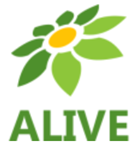
Funding: 43.4k EURO
ALIVE Erasmus+ project aims to develop a virtual learning environment focusing on the biology domain with the utilization of innovative technologies like virtual reality. The project’s main target users are teachers and pupils at primary and lower secondary level schools.
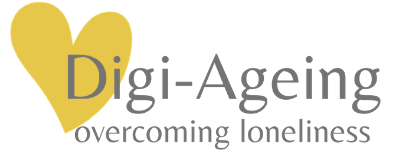
Funding: 46.3k EURO
Digi-Ageing Erasmus+ project is looking for increasing the quality of life in old age by supporting VET-providers, caregivers and the final beneficiaries, the elderly people, to find solutions in preventing and coping loneliness with the help of dedicated training, counselling, and digital tools. We are a group of seven organizations from five countries (Austria, Cyprus, Italy, Lithuania and Spain) and we have a long-lasting expertise in the field of elderly care. Our aim is to develop a holistic approach to identify and intervene against loneliness and to spread the Digi-Ageing idea. We cordially invite all interested parties to participate.

Funding: 41.2k EURO
WINDEXT Knowledge Alliance Project: Each year nearly 4,000 adequately trained graduates enter the wind energy industry. The importance of enabling competitive and qualified personnel in the O&M (Operation and Maintenance) sector through appropriate training is therefore made patent. The goal of the present project is to develop specialized training that will allow reducing the LCOE (Levelized Cost of Energy) by reducing the OPEX (Understanding Operating Expenses), increase the quality of O&M services while extending the lifetime of the assets and the working conditions of the maintenance personnel.
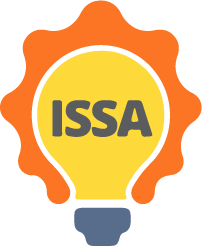
Funding: 48.9k EURO
ISSA: The project “Internationalisation for Social and Innovative Start Ups and Entrepreneurs” is designed to identify core and innovative learning methods that encourage success in international activities for Social Start-ups and entrepreneurs. The project is based on previous projects (SUC, start-up communities; SUI, Start-up Internationalisation) but it goes one step further promoting international expansion and development of social start-ups and entrepreneurs. UCY participates in the design and development of the ISSA platform and E-Learning system.
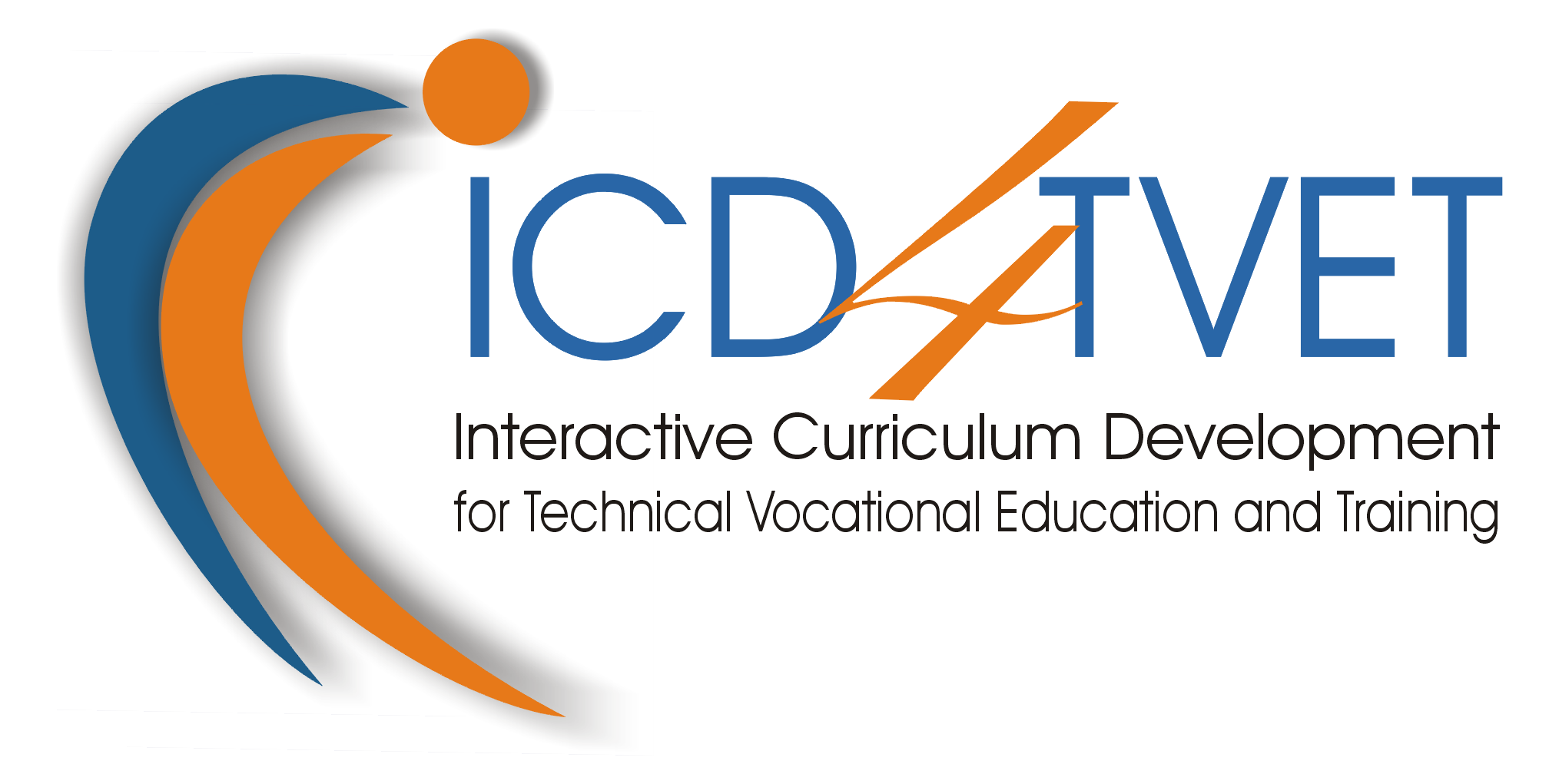
Funding: 47.1 k EURO
ICD-4TVET: The project’s main objective is to develop an open innovation concept and an approach to optimize and accelerate the process of creating curricula in the technical VET sector, in order to: (a) enable Europe’s VET institutions to keep up with the demands of the labour market, (b) enable VET Learners/ Graduates and workers to pursue a successful career in terms of school and profession and (c) foster quality improvements, innovation excellence and internationalisation at the level of education and training institutions, in particular through enhanced transnational cooperation between education and training providers and other stakeholders.

Funding: 55k EURO
PRIMAE: An Inclusive eLearning Best Practice report, Inclusive Curriculum, Inclusive Pedagogical Plan, and Inclusive eLearning course in physical activity (martial arts) and education on an eLearning platform will be created using the ADDIE methodology to provide learners with and without a disability with the specific opportunity to gain accredited and regulated Awards and Certificates on the European Qualification Framework. SEIT is responsible (among other) for the design and development of the accessible e-learning environment.
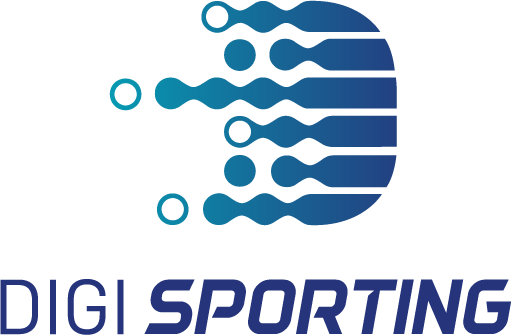
Funding: 43.2k EURO
Digi-Sporting: Digi-Sporting aims to develop a guide of good practices for the effective incorporation of technology in sports clubs and academies, as well as the creation of a competitive profile of Sports Technologist and a postgraduate training package. SEIT is responsible (among others) for the design and development of the Self-diagnostic interactive tool to define sports organizations specifics needs and award of a digital seal.

Funding: 78.6k EURO
Dig-It: Dig-It will explore how EU universities, and the healthcare industry can collaborate to benefit from international networks that support educators to develop confidence and skills to use emerging technologies to enhance learning opportunities. Creating an inter-nation learning community of practice and collaboratively creating, sharing and distributing online continuing education (CE), open-access resources will reduce redundancy, time and cost. SEIT is responsible (among others) for creating an online learning environment for the developed healthcare courses, a repository of resources and an interactive tool for the educational framework.
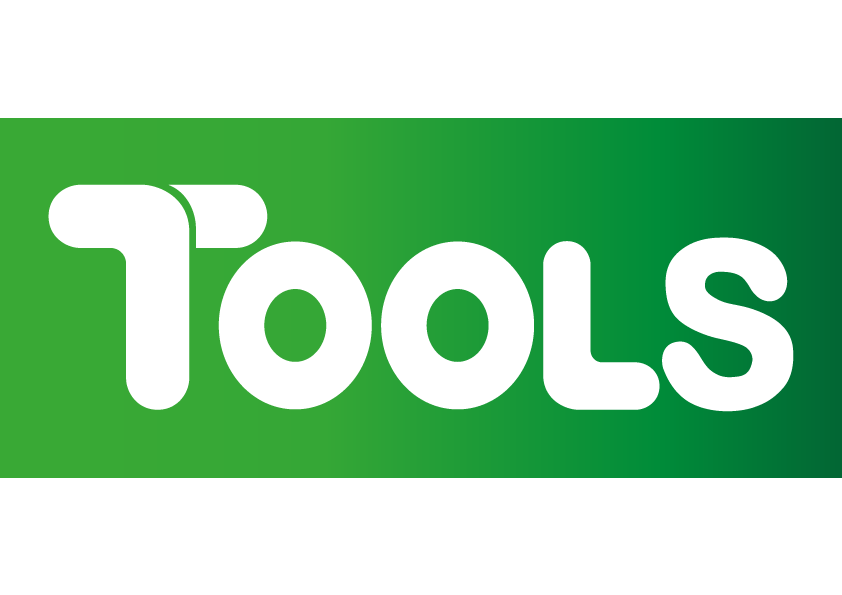
Funding: 44.2k EURO
TOOLS: The project stems from the belief that foreign languages, English in particular, form a very powerful platform for enhanced education and personal development for learners with different individual needs. The project main goal is to prepare pre- and in-service English as a Foreign Language (EFL) teachers to face diversity in the EFL classroom. Other goals concentrate on raising their awareness of the necessity of dealing with mixed ability, enhancing the quality of teacher training in social and cultural inclusion, promoting ICT as an instrument to favour inclusion, providing educators with strategies and resources to create a learning environment that meets all students’ needs, organizing seminars to advocate for non-discriminatory attitudes in teaching, and setting up a debate platform to share ideas regarding inclusion in the EFL class. SEIT is responsible (among others) for developing the online e-learning environment and tools.

Funding: 43.2k EURO
Higher Education Learning Platform for Quantitative Thinking – QHelp Erasmus+ Project: The QHelp project is both innovative and complementary to the TquanT project carried out from 2016 to 2018 within the EU Erasmus+ programme. The QHelp system will be composed of two fundamental modules: an assessment and a learning module. The former will be used for determining the state of knowledge of a student. This will be done by applying the adaptive assessment procedures that are available in the knowledge space theory (KST) framework. At the end of the assessment the student will receive a detailed report containing the results of the assessment in both summative and formative terms. In the learning module the student will be guided through the contents in a structured way, starting from the notions, knowledge and concepts that are immediately accessible from her state of knowledge. This personalized learning should help keeping high the student’s motivation to stay in the system.
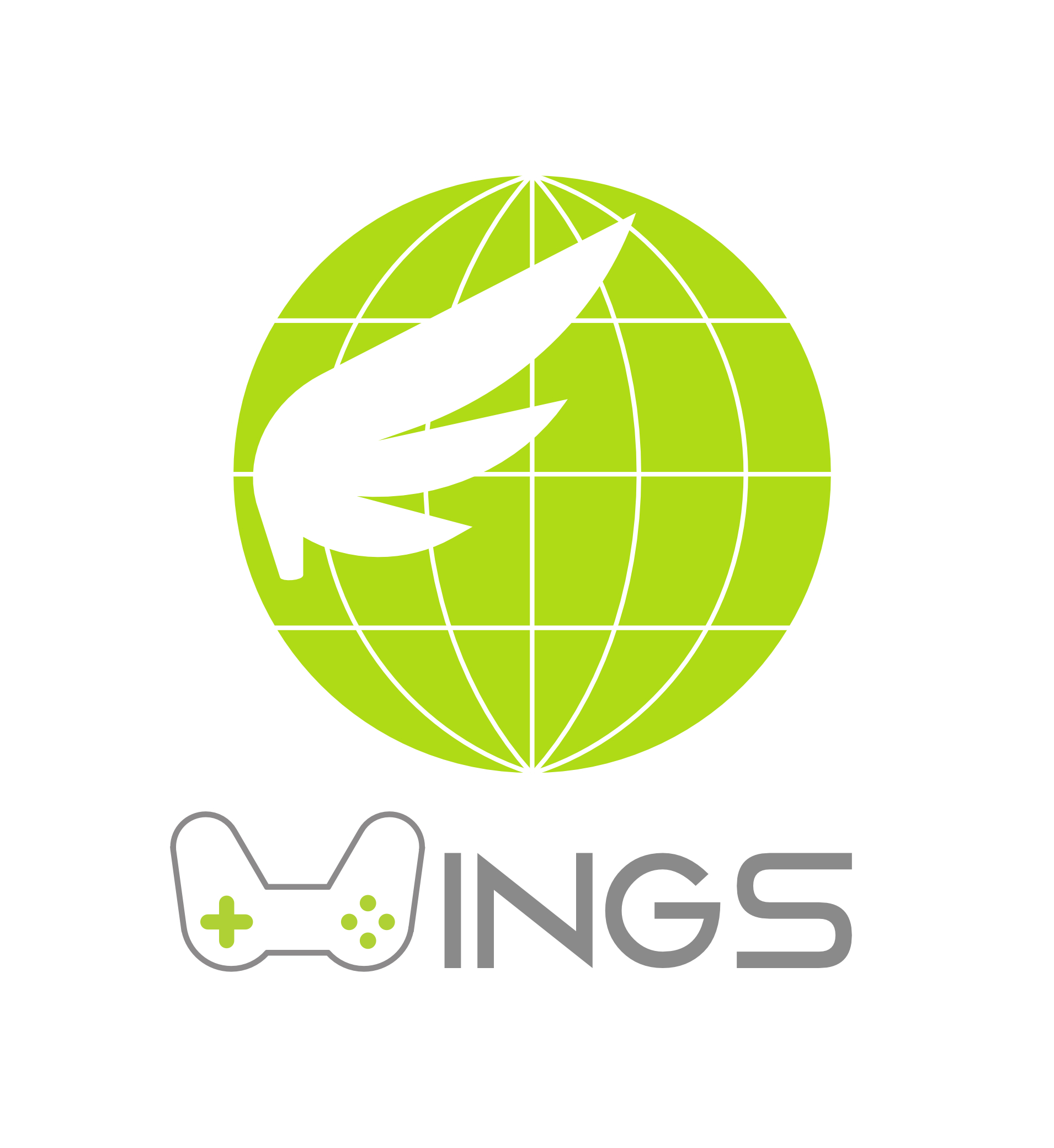
Funding: 47k EURO
WINGS Erasmus+ (SEIT Lab Coordinator): “Internationalization serious Game for Start-ups and entrepreneurs” is an Erasmus+ project designed to identify core and innovative learning methods that best encourage success in international activities for start-ups and entrepreneurs. In specific, partner organisations will design an innovative serious business and internationalization game that will be supported by a training course for start-ups. With this, the project aims to solve the special needs of start-ups and entrepreneurs, as well as to make available the proper training about essential aspects of the internationalization process.
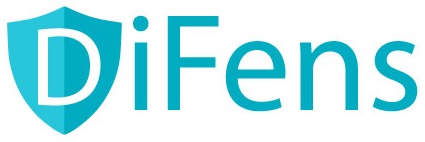
Funding: 39.5k EURO
DiFens Erasmus+ (SEIT Lab Coordinator): The DiFens project concept is to elaborate such comprehensive, accessible and feasible outputs, which will navigate young people – potential young entrepreneurs and young entrepreneurs – in the process of utilizing ICT technologies in their business.
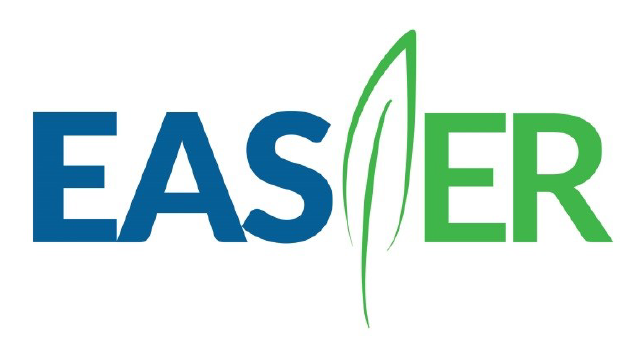
Funding: 84k EURO
EASIER Erasmus+ (Knowledge Alliance): EASIER involves leading higher education institutions and companies in bringing together different training technologies to provide a multi-skills learning experience for surgical and interventional education. It proposes an innovative solution for teaching and learning technical and nontechnical skills based on TEL. The solution will integrate TEL assets (virtual reality, augmented video, augmented box trainers, etc.), providing residents and mentors with a learning management system to programme training activities, have access to ubiquitous learning and monitor progress on their learning experience. SEIT is responsible (among other) for the design and development of the Learning Management System, and its integration with existing solutions.

Funding: 44k EURO
IDEA Erasmus+ (SEIT Lab Coordinator): the general objective of the project is to improve the quality of practices in the education of adults on the challenges and opportunities related to energy poverty eradication. The project aims to develop a high quality educational approach which will be able to address both sides of the problem (technical and social) and also highlight the entrepreneurship possibilities in the area of energy advising.
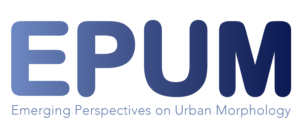
Funding: 7k EURO
EPUM – Erasmus+ : Researching and Learning through multiple practices Erasmus+, Strategic Partnership for higher education: EPUM aims at the integration of different, often isolated urban form approaches through peda- gogic innovation and Information and Communication Technology (ICT).
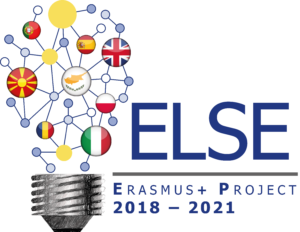
Funding: 34k EURO
ELSE – Erasmus+ aims at designing and disseminating a strategy to achieve the fundamental European goal of redesigning Higher Education, facilitating the application of Bologna principles across Europe through the design of an integrated curriculum and of an innovative web platform. The partners – mainly Universities, of different size and specialism, distributed across Europe – realise that the implementation of the Bologna process has been patchy, and that its potential benefits are underexploited. Two fundamental principles of Bologna (echoed in the Lisbon document and the LLP for adult education) remain unrealised: 1. Students continue to be peripheral to the process of knowledge co-construction; and 2. the potential for true pedagogical innovation through new technologies that can enhance the learning experience is underexplored.
The ELSE project aims to:
- Design an innovative learning environment based on learner-centred pedagogies (holistic, constructivist, connectivist approaches), which can activate students’ learning process through problem-solving, learning-by-doing, gamification, or digital information research;
- Demonstrate to teachers that these opportunities can be realised through the application of Higher Order Thinking ICTs;
- Provide appropriate and easy to use training material to make this transformative journey possible.

Funding: 24.6k EURO
SENSE aims to promote STEM careers amongst young people in a modern and attractive way, to develop and strengthen cooperation between schools and companies in order to increase the quality of VET, to support young women and students with special learning needs to follow the career in STEM fields and to reach the highest level of education possible and to upskill teachers and companies in work with talented students.

Funding: 42.5k EURO
VeLoCiTy Erasmus+ (SEIT Lab Coordinator): The proposed project deals with the problem to find a job in another country which is derived from culture and ethnic differences. Many European countries use different forms of job interview, and therefore the interviewees should attend consulting courses in order to become familiar with the diversity in the theories and practices of the interviews. In several cases however, the geographical/ economic/age barriers, become a preventing factor to attend such courses. The main goal of this project is to eliminate these barriers, providing equal opportunities to remotely attend a series of consulting courses through an innovative platform, and therefore facilitating the transition to world of work. In detail, the proposed project aims at providing people with different age and economic backgrounds with the opportunity to explore the techniques of interview, including teamwork, and control anxiety in order to empower them to take an active role in their self-presentation and career recruitment. The training process will be performed through an innovative virtual world environment, offering in this way high quality learning opportunities for unemployed and misemployed adults to adapt to different working environments and interviews.
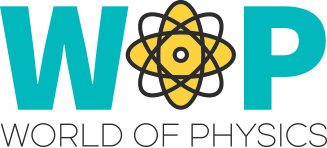
Funding: 44k EURO
World-of-Physics Erasmus+ (SEIT Lab Coordinator): The World-of-Physics Erasmus+ project aims to assist students in studying the physics domain with the utilization of innovative technologies like virtual reality. Specifically, a 3D virtual reality educational environment will be developed possessing innovative educational infrastructure, and offering immersive and efficient learning opportunities, engaging students in various educational activities, learning scenarios and offering students an attractive, entertaining and efficient way to learn various topics of the challenging domain of physics. The students will have the ability to virtually visit laboratories, perform experiments, explore procedures and examine the ways that are conducted.

Funding: 7k EURO
AT-SGIRES – Erasmus+ tackles the problem of Smart Grids field knowledge being underrepresented in the existing technically overwhelmed teaching curricula at universities by integrating the SG and the methods of integrating RES to electrical grid in RE teaching programmes offered at HEIs in beneficiary countries.
Click here for more information
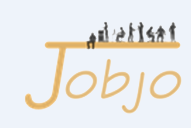
Funding: 41.9k EURO
The aim of the Job Jo project is to recruit Jordanian in remote areas with high rates of poverty and unemployment, through teaching, training, and requalifying the unemployed graduate students and empowering these areas at the economic and social levels with special focus on women.
The project plans to carry out activities in the following areas
1. Establishment regional Business Service Network Bureau(BSNB) to promote employment in the provinces of Karak, Tafila, Maan, Aqaba and Irbid.
2. Development of Training courses in the BSNB based on the experience exchange with the EU.
3-Producing training material
4. Adapting job creation instruments to the needs of young people in remote areas.
5. Supporting initiatives designed to enhance the employability of young people in the region.
6. Creating employment opportunities by supporting entrepreneurship.
7. Lesson Learned from the European partners to include their cooperation with non‐academic partners.
8. Establishing Network Service between the Universities, Industries, and Public and Private Sectors.
9. Promote the relationship between the Jordanian Institutions with EUs.
10. Students and staff from JO partners will receive training in EU
AAL

Funding: 130k EURO
AAL GUIDed Assisted-Living and Social Interaction Platform (GUIDED): The main target areas of the GUIDed smart kit and platform are smart home control features, safety enhancement, outdoor navigation, health improvement and socialisation/communication. The end-users will be guided with a tablet-based Augmented Reality (AR) tutoring service to simplify smart kit use and optimise usability. The AAL GUIDED project sits within the Health & Care, Information & Communication, Safety and Abilities AAL TAALxonomy.

Funding: 175k EURO
AAL Electronic Sticky Notes for Dementia Care (eSticky Notes): eSticky Notes aims to support people with memorization problems to maintain their autonomy of life. The main target group (primary end-users) are people with age-related obliviousness, people with early stages of dementia and people with early Alzheimer’s disease. A set of networked graphical displays (the digital eSticky Notes) assist the person having memory problems by presenting important information including scheduled events, medication reminders and nutrition recommendations or notifications of events in the building that need attention.

Funding: 240k EURO
The European AAL Connected Vitality (CVN) project is one of the AAL projects’ Success Stories. It aims to develop ‘the second best connection’ a video communication network, coined ‘The ConnectedVitality Network’, enabling immobile senior citizens to organize their social network and choose the activity and select levels of social interaction according to their individual needs, abilities and chosen lifestyle.
National
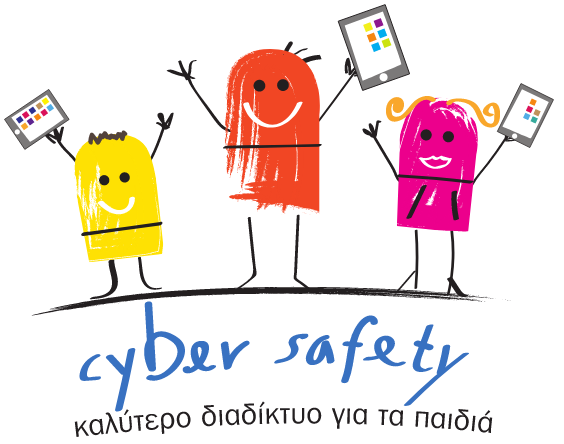
Funding: 161k EURO
CyberSafety ΙΙ brings together major national stakeholders in Cyprus in order to create a safe internet culture, empowering creative, innovative and critical citizens in the digital society. CyberSafety II aims to enrich the existing awareness platform where actors can find resources and tools, share experiences, expertise and good practices. At the same time it aims to contribute towards a European approach and provide qualitative and quantitative feedback at European level, through the core service platform. The Awareness activity will be the core of all the Action Activities. It aims to create a culture among children, parents and teachers to take advantage of the affordances of the Internet with safe, responsible and ethical use. Awareness will continue the existing work that is taking place in Cyprus, update and enrich the digital content and resources already developed, enhance existing services and tools deployed and extend collaborations and synergies among stakeholders.

Funding: 232k EURO
CyberSafety: brings together major national stakeholders of Cyprus in order to create a safe internet culture for young people, empowering creative, innovative and critical citizens in the digital society. CyberSafety aims to create an awareness platform, where actors can find resources and tools, share experiences, expertise and best practices. At the same time, it aims to provide qualitative and quantitative feedback at European level through the core service platform

Funding: 27k EURO
ReaDI-STANCE (RESTART 2016 – 2020 PROGRAMME) READING DIFFICULTIES INTERVENTION: SCIENTIFIC, TECHNOLOGICAL, AND NEW COMMUNITY EFFORTS: Early intervention is crucial to the prevention of reading difficulties (RD). Nevertheless, there are no empirically validated answers to the question of what intervention(s) work best, for which children, in what setting(s), for what duration, and for what reason. Hence, there is an urgent need for several educational systems to get more deeply involved in this area. The aims of the present project are three-fold: First, to examine the efficacy of two intervention programs, one with more cognitive (PREP: PASS Reading Enhancement Program) and one with a more phoneme-code (Graphogame) focus. Both programs will be delivered as web-based applications through platforms that will allow data storage and processing via remote servers. Second, to develop a novel framework for analyzing remediation data micro-genetically. We expect that this sort of data processing will help us explore the learning progress dynamics and developmental stages of the readers during the intervention and examine the type of early intervention most useful for treating specific RD. Finally, the third aim is to intensively train graduate students, special education teachers, and school psychologists to understand better how to apply evidence-based effective intervention in theory and practice.
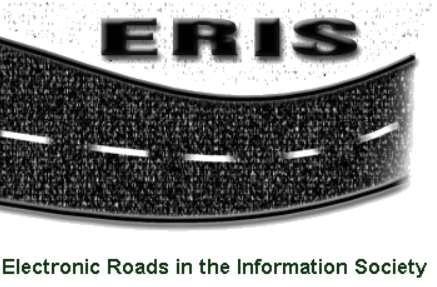
Funding: 160k EURO
ERIS: Electronic Roads in the Information Society
Duration: 1998-2001
Sponsor: University of Cyprus
Funding: 51k EURO
Duration: 1999-2001
Sponsor: Research Promotion Foundation, Cyprus
Funding: 70k EURO
Duration: 2005-2007
Sponsor: Research Promotion Foundation, Cyprus
Funding: 50k EURO
e-Thalassa: the project aimed to the design and development of a reliable and functinal application to enhance the quality of life of people with thalassemia in Cyprus.
INTERREG
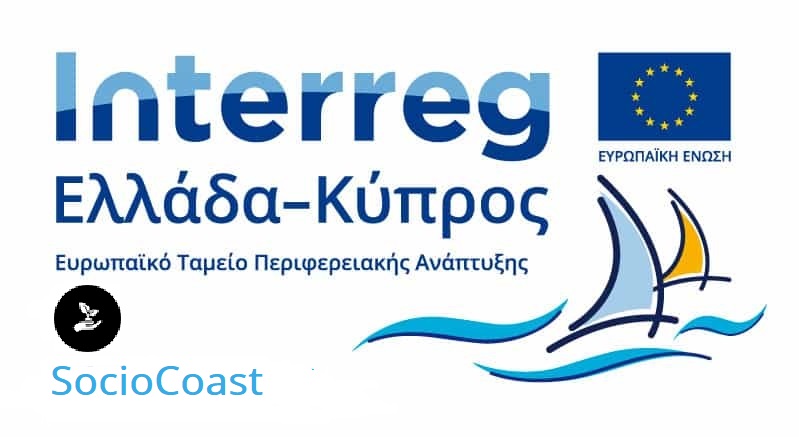
Funding: 200k EURO
The Interreg Greece-Cyprus 2014-2020 SocioCoast project (May 2021-May 2023) aims to enhance the experience of the visitors to beaches in Cyprus and Crete (Greece). It will offer a number of tools for the provision of additional information to the visitors, managing environmental data, while utilising open data and data coming from the visitors via the use of crowdsourcing.
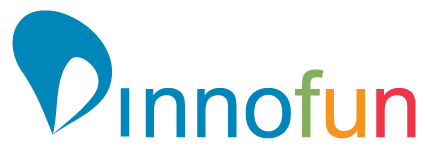
Funding: 201k EURO
InnoFun Interreg IVC: the main objective of InnoFun project is the creation of the specific methodology and the digital tool, whose main task will be to speed up the process “from Research to Sale”. In the context of InnoFun, an Innovation Funding Website has been designed and developed. The website aims to aggregate and offer easy access to available information about funding schemes, policies and events, as well as any relevant documents, people to contact with and other websites that are useful for applicants. It also attempts to facilitate the first steps of crowdfunding and crowdsourcing in Cyprus.
LLP

Funding: 53k EURO
VALS LLP will establish sustainable methods and processes to build knowledge partnerships between Higher Education (HE) and companies to collaborate on resolving authentic business problems through open innovation mediated by the use of Open Source Software (OSS).
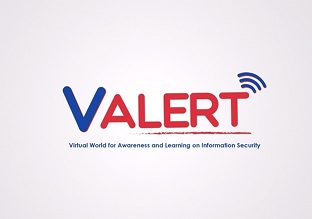
Funding: 85k EURO
V-ALERT LLP: the vision of V-ALERT is to use a uniform environment that will simulate real-life security threat scenarios, examples and counterexamples in a way that different groups of users will experience the risks and combine critical skills, knowledge and collaboration to overcome them, without exposing their organization to real risk.
COST Actions

Funding: COST Specific
ICT COST Action CA23114 – Regaining linkage? Digital technologies improving civic engagement, political organisations and democracy (RELINK²)
Description: The RELINK2 Action will intensify existing networking efforts of scholars from different disciplinary backgrounds and countries in the EU and beyond, to address two problems:
(1) How can democracies regain legitimacy and rebuild the link between representative institutions and citizens using the benefits of digital technologies?
(2) How can political organisations connect with digitally marginalised but politically active groups (the elderly) and with digitally active but politically marginalised ones (young citizens)?
In this regard, RELINK2 aims to find answers to three research gaps: a) the main organisational consequences of the digital transformation and their impact on re-linkage strategies, b) effectiveness of digital transformations in re-connecting intermediary structures with society, c) implementation of political organisations’ re-linking strategies to marginalised groups based on responsible use of digital tools. This requires an interdisciplinary and coordinated analytical framework.
The network will tackle challenges through research coordination objectives. Four Working Groups will be formed to bring in expertise on: 1) theoretical and 2) methodological challenges, 3) empirical analysis, 4) engagement and dissemination.
RELINK2 will provide new opportunities to strengthen the career development of specific target groups and disseminate knowledge to countries and political organisations with less capacity in the field of the Action.
The practical implication of the Action is to create impact beyond the network. RELINK2 will develop a strong cooperation with stakeholders to integrate a non-academic point of view, identify good practices, and prepare recommendations. The Action aims to meet its objectives through a knowledge production and exchange with relevant stakeholders.
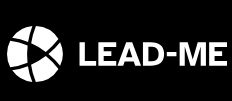
Funding: COST Specific
ICT COST Action CA19142 – Leading Platform for European Citizens, Industries, Academia and Policymakers in Media Accessibility (LEAD-ME)
Description: The proposed LEAD-ME COST Action aims to help all stakeholders in the field of Media Accessibility and cross-cutting topics (e.g. AI and Interactive Technologies) in Europe to meet the legal milestones requested by the recently passed European legislation. Researchers, engineers, scholars as well as businesses and policy makers will be empowered by LEAD-ME with a common and unique platform which, during the next 48 months, will collect, create, share, and disseminate innovative technologies and solutions, best practices and guidelines, and promote them. Furthermore, it will contribute towards existing and new standards on Media Accessibility among 28 European or associated countries. To do so, the LEAD-ME network will make use of the specific tools of the COST Action: meetings and working group meetings; educational institutes, short-term scientific mission; dissemination activities. LEAD-ME will boost a cultural change and the creation of a new mindset when designing tools for professional and private activities for all European citizens of all abilities and disabilities. This COST Action is strongly needed to avoid further fragmentation in the European accessibility scene, challenging the European Single Digital Market idea. The uneven take-up in Europe is the direct result of the complex nature of Media, the background technology involved, the fast-changing technology and business models, and the wealth of EU languages. This counts for both the market and research.

Funding: COST Specific
ICT COST Action CA18236 – Multi-disciplinary innovation for social change (SHIINE)
Description: In an increasingly complex and rapidly changing world, traditional disciplinary approaches to the framing and resolution of social and economic problems deliver ever diminishing returns. Discussions abound, therefore, about how best to educate and prepare graduates for the fresh challenges of the 21st century. Knowledge Alliances between Higher Education Institutions (HEIs) and enterprises which aim to foster innovation, entrepreneurship, creativity, employability, knowledge exchange and/or multidisciplinary teaching and learning are therefore becoming increasingly necessary and relevant. The challenge is to determine what we should teach in the future and how it should be taught. The changing nature of contemporary society highlights that social issues are often highly complex and multifaceted. The aim of this Action is to demonstrate, through the adoption of Multi-Disciplinary Innovation (MDI) methods, how we can respond to social problems with a design-led approach which has a problem-oriented ethos, supporting positive social change and the development of international public policy discourse. It will be achieved through the establishment of a Pan-European Public Sector Innovation (ePSI) lab. It will prepare students for roles in employment by integrating education programmes into the lab’s operations and it will support agencies that have a role in responding to and developing public policy.

Funding: COST Specific
ICT COST Action IC1302: Semantic keyword-based search on structured data sources (KEYSTONE)
Description: As more and more structured data becomes available on the Web, and Web users shift towards a more general non-technical population, keyword searching is becoming a valuable alternative to traditional structured queries, mainly due to its simplicity and the basic knowledge required from users. Nevertheless, existing approaches suffer from a number of limitations when applied to multi-source scenarios requiring some form of query planning, and with frequent updates precluding any effective implementation of data indexes. Typical scenarios include open data, big data and virtual data integration systems. Therefore, building effective keyword searching techniques can have an extensive impact since it allows non-professional users to access large amounts of information stored in structured repositories through simple keyword-based query interfaces. This revolutionises the paradigm of searching for data since users are offered access to structured data in a similar manner to the one they already use for documents. To build a successful, unified and effective solution – due to the multifaceted nature of the problem – the Action proposes to join synergies from several disciplines, such as semantic data management, the semantic web, information retrieval, artificial intelligence, machine learning, user interaction, service science, service design, and natural language processing.

Funding: COST Specific
ICT COST Action IC1406 High-Performance Modelling and Simulation for Big Data Applications (cHiPSet)
Description: The Big Data era poses a critically difficult challenge and striking development opportunities in High-Performance Computing (HPC): how to efficiently turn massively large data into valuable information and meaningful knowledge. Computationally effective HPC is required in a rapidly-increasing number of data-intensive domains, such as Life and Physical Sciences, and Socioeconomic Systems.Modelling and Simulation (MS) offer suitable abstractions to manage the complexity of analysing Big Data in various scientific and engineering domains. Unfortunately, Big Data problems are not always easily amenable to efficient MS over HPC. Also, MS communities may lack the detailed expertise required to exploit the full potential of HPC solutions, and HPC architects may not be fully aware of specific MS requirements. Therefore, there is an urgent need for European co-ordination to facilitate interactions among data-intensive MS and HPC experts, ensuring that the field, which is strategic and of long-standing interest in Europe, develops efficiently – from academic research to industrial practice.This Action will provide the integration to foster a novel, coordinated Big Data endeavour supported by HPC. It will strongly support information exchange, synergy and coordination of activities among leading European research groups and top global partner institutions, and will promote European software industry competitiveness.
Leonardo da Vinci

Funding: 275k EURO
PSICO.COM: Management of psycho-pedagogical competences of the trainers of construction sector
Duration: 2008-2010
Sponsor: European Union (Leonardo da Vinci)
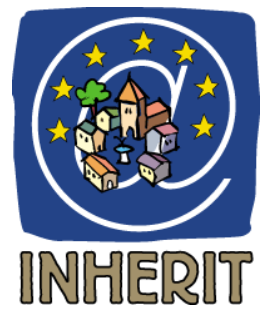
Funding: 200k EURO
INHERIT: Innovation in Training for Disadvantaged Young People in Rural Areas
Duration: 1999-2001
Sponsor: European Union (Leonardo da Vinci)

Funding: 394k EURO
OFTL Europe: Process of transferring the innovative aspects of the OFTL system
Duration: 2008-2010
Sponsor: European Union (Leonardo da Vinci)

Funding: 254k EURO
i-Campus: Interactive learning space to develop enterprise culture and professional skills
Duration: 2009-2011
Sponsor: European Union (Leonardo da Vinci)
Funding: 110k EURO
Duration: 2000-2001
Sponsor: European Union (Leonardo da Vinci)
Funding: 130k EURO
Duration: 1999-2001
Sponsor: European Union (Leonardo da Vinci)
Funding: 120k EURO
Duration: 2000- 2001
Sponsor: European Union (Leonardo da Vinci)
Funding: 100k EURO
Duration: 2000-2001
Sponsor: European Union (Leonardo da Vinci)
Funding: 95k EURO
Duration: 2000 – 2001
Sponsor: European Union (Leonardo da Vinci)
Funding: 120k EURO
Duration: 2000-2001
Sponsor: European Union (Leonardo da Vinci)
Funding: 200k EURO
Duration: 2008-2009
Sponsor: European Union (Leonardo da Vinci)
Other
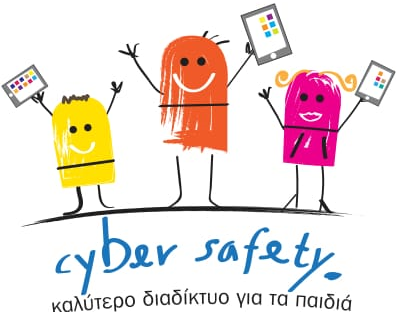
Funding: 131k EURO
CYberSafety III (Jan. 2021-March 2022) aims to enhance Internet safety for children via the function of a dedicated system, and a number of tools that assist in various aspects, such as privacy protection on the web.It includes a number of awareness activities to raise awareness in different groups in Cyprus.
CloudRecoMan (A Cloud Resource Recommendation and Management Platform for Small and Medium Enterprises)
Funding: 60k EURO
Duration: 2020-2022
Sponsor: University of Cyprus (“ONISILOS”)
ΤΑΜΙΤ:
Funding: TBA
Novel Trustworthy Automatic Metering IoT Solution for Smart Cities Applications aims to create tools for water management via Internet of Things, including mechanisms for privacy protection. TAMIT will create an IoT revolutionary system for intelligent real-time water management and leakage detection with unique innovative functionalities and fully compatible with GDPR through the introduction of novel data privacy management processes.
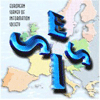
Funding: 160k EURO
The core of ESIS is the Inventory of Information Society projects. The projects must use IS technologies in an innovative, interactive way and provide remote access.
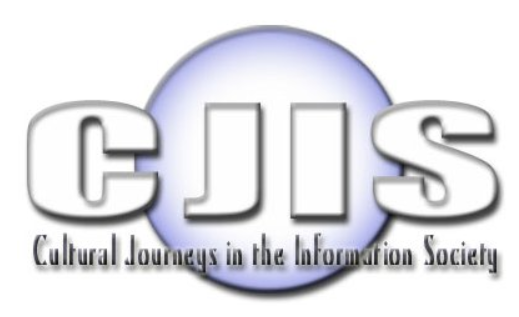
Funding: 500k EURO
CJIS : Cultural Journeys in the Information Society
Duration: 1998-2001
Sponsor: European Union (INCO-DC)
ERIS : Electronic Roads in the Information Society
Funding: 160k EURO
Duration: 1998-2001
Sponsor: University of Cyprus
COORDINA: From Coordination Models to Applications
Funding: 2k EURO
Duration: 1999-2000
Sponsor: European Union (ESPRIT WG 24512)
COST TRANSPORT – 341: Habitat Fragmentation due to Transportation Infrastructure
Funding: 5k EURO
Duration: 1999-2001
Sponsor: Planning Bureau of the Government of Cyprus
SE-DIST: Software Engineering Environments for Distributed Information Systems
Funding: 40k EURO
Duration: 1999-2002
Sponsor: European Union (INCO-DC KIT 962144)
GGET-SEA: Validation of Experimental Acoustic Methods
Funding: 2k EURO
Duration: 2002-2004
Sponsor: General Secretariat of Research and Technology Greece (GR-FR projects)
